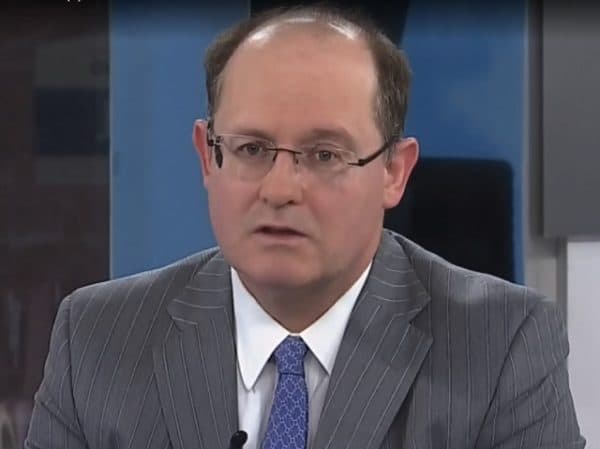

Short-selling practices may or may not be solely to blame for Shopify’s (Shopify’s Stock Quote, Chart, News: TSX, NYSE:SHOP) latest dip, but either way, you can bet that the short-sellers will be taking the credit, says Darren Sissons, partner at Campbell, Lee & Ross.
Shares of Shopify last week fell by 12.1 per cent in the wake of another attack from Citron Research’s Andrew Left, who this time claimed that Shopify’s fortunes are too closely tied to Facebook’s continued success and that with the latter currently in hot water over privacy concerns, Shopify, too, is bound to feel the impact.
On March 26, Left claimed that Shopify has a “Big Facebook problem,” saying, “It cannot be disputed that tighter Facebook restrictions on access to privacy and pixels will annihilate the already fragile and dodgy business of the Shopify entrepreneurs.”
The new Citron report comes after last October’s, where Left claimed that Shopify was deceiving its customers with claims that they could all become millionaires. That attack caused a drop in SHOP’s share price from which it took two months to recover, and while the stock has performed very well in the months since, it’s now roughly just seven per cent higher than where it stood before Left’s October attack.
Short-selling and the negative campaigns that sometimes come with the practice have a long history, of course, but the Internet and social media have made it that much easier and more effective for shorters to get their message out. And the defamation can have serious consequences, enough that regulators are taking notice.
“Short selling has always been part of the market,” said Maureen Jensen, chair of the Ontario Securities Commission to the Financial Post. “But now people are using short selling to actually move the market … there are very large short sellers who actually have the business model of reviewing companies and seeing where there may be weaknesses, and then using shorting and social media, together, to impact the price of the stock.”
Jensen says that the OSC looks carefully into so-called “short-and-distort” activity, specifically investigating whether fraudulent claims are being made. “If they lie, we can go after them for spreading false information in the marketplace,” Jensen said. “If people are acting in concert to spread lies, that’s really market manipulation, but you have to be able to prove that, and that’s very difficult.”
The notoriety of short-sellers like Left is crucial to their influence, which is why they’re always ready to say, “I told you so,” when a stock drops in value. That’s just part of the game, says Sissons.
“The shorts, they make money whenever the stock goes down, so if they can talk up the stock whether it’s a relevant story or not, that’s the name of the game,” he said in conversation with BNN.
“It can be very difficult to make money on a short basis in a rising market, but when the market falls, that’s when they really make money,” he says. “If we get a correction, those guys will be proven right because the market falls, but it doesn’t necessarily mean that they were right on the call that they made initially.”
Leave a Reply
You must be logged in to post a comment.






 Share
Share Tweet
Tweet Share
Share




Comment